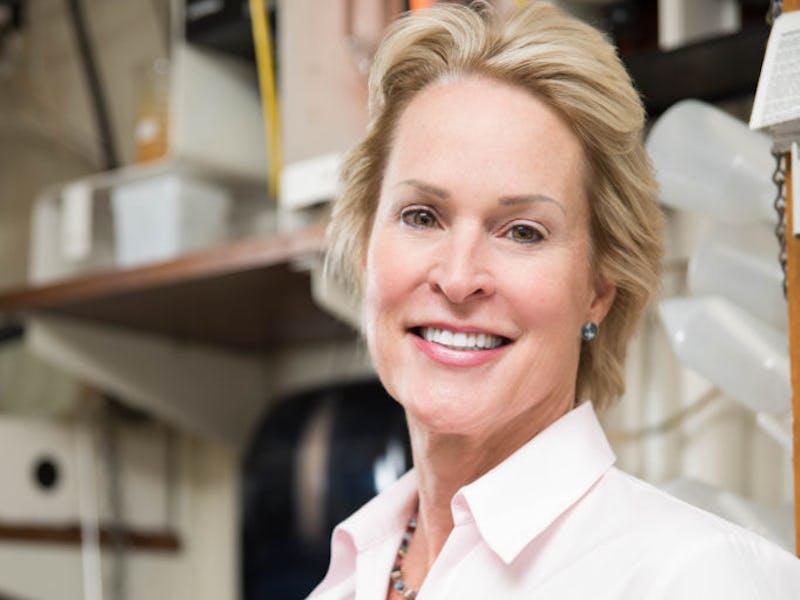Millennium Prize Winner Further Blurs the Line Between Science and Tech
Does research on "directed evolution" deserve a €1 million prize for innovation in technology? Yes, absolutely.

Frances Arnold’s research launched a field now known as “directed evolution,” which zeroes in on developing better biological enzymes. It’s distinctly scientific, but experts in the tech industry have embraced her work as their own, too. Now that Arnold, a Ph.D. and biochemical engineer at Cal Tech, has won the Millennium Technology Prize — which comes with a €1 million reward — her work is again calling into question what we consider “technological.”
The prize, presented every two years, is awarded to “groundbreaking technological innovations that enhance the quality of people’s lives in a sustainable manner.”
In 2014, the biennial Millennium Technology Prize was awarded to the experimental physicist Stuart Parkin for his work in massively expanding disk drive storage, ushering in the era of cloud computing. Previous winners also included Tim Berners-Lee, who invented the World Wide Web, and Linus Torvalds, the father of Linux.
The distinctly “un-technological” flavor of Arnold’s work didn’t dissuade the prize judges from acknowledging her and her achievements, which they referred to as “outstanding.”
The overall mission of Technology Academy Finland, the organization behind the prestigious award, is to “bring the benefits of the Finnish practical and solution-focused mindset” to the whole world. Taking their focus on enhancing all aspects of life through developments in technology — however you define it — into account, Arnold seems like a natural choice.
Arnold realized at the outset of her career that creating new, souped-up versions of existing proteins was the way to push biological innovation past its natural limits. Enzymes, an incredibly useful class of proteins, are an integral part of household detergents, pharmaceutical drugs, agricultural chemicals, and the processes needed to produce fuels — but their capacity is limited by their genomes. The techniques Arnold developed, mimicking natural evolution, not only sped up the process by which those genomes change but also allowed scientists to determine how they changed.
The lines between science and tech continue to blur
Scientists in the green chemistry and renewable energy fields have reaped the benefits of Arnold’s work; they’re using the directed evolution techniques she developed to make enzymes that can efficiently turn plant matter into biofuels and other chemicals — reactions that otherwise often require and produce harmful byproducts and energetically costly processes. Her techniques have also been applied in the pharmaceutical industry, where they have streamlined drug production for multiple diseases.
A decade ago, Arnold’s work, though clearly groundbreaking, might not have been even considered for the prize. But as the goals of researchers in both science and tech converge — isn’t the ultimate point of innovation to make life better for us? — the lines between them will continue to blur. And that’s a good thing.